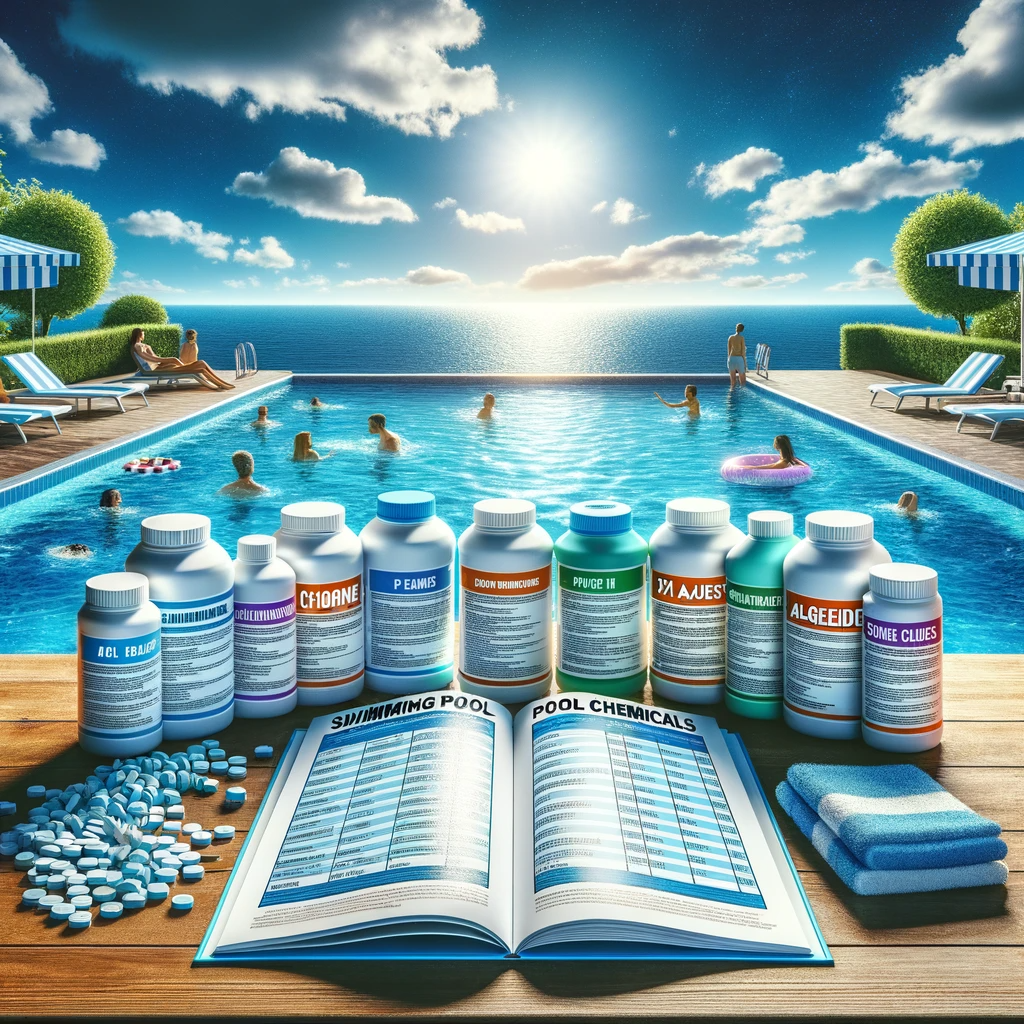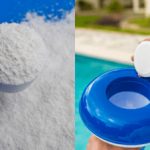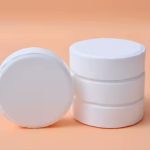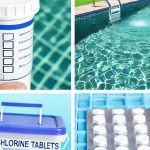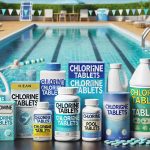Understanding the Different Types of Swimming Pool Chemicals
Maintaining clean and safe water in your swimming pool is crucial for the health and enjoyment of swimmers. This is where swimming pool chemicals play a vital role. By using the right chemicals, you can ensure that your pool water remains free from harmful bacteria, algae, and other contaminants.
In this comprehensive guide, we will explore the different types of swimming pool chemicals that are essential for maintaining a healthy pool environment. Whether you are a pool owner or simply interested in pool maintenance, this expert-level information will provide you with valuable insights into the world of pool chemicals.
So let’s dive in and discover how these chemicals can help you achieve crystal clear water in your swimming pool!
Maintaining a Healthy Pool Environment with Swimming Pool Chemicals
To maintain a healthy pool environment, it is essential to use the right swimming pool chemicals. Two key chemicals that play a significant role in pool maintenance are chlorine and pH balancers.
1. Chlorine
Chlorine is one of the most commonly used swimming pool chemicals for disinfecting the water. It effectively kills bacteria, viruses, and other harmful microorganisms that can cause illnesses. The role of chlorine is to sanitize the pool water and keep it safe for swimmers.
Maintaining proper chlorine levels is crucial for a healthy pool environment. Too little chlorine can result in inadequate disinfection, allowing bacteria and algae to thrive. On the other hand, too much chlorine can cause skin and eye irritation for swimmers.
Regular testing of chlorine levels is necessary to ensure they remain within the recommended range. This can be done using test kits or by consulting with a professional pool service provider. By maintaining proper chlorine levels, you can enjoy a clean and safe swimming experience.
2. pH Balancers
The pH balance of your pool water is another critical factor in maintaining a healthy environment. The pH scale measures the acidity or alkalinity of the water, with a range of 0 to 14. A pH level between 7.2 and 7.8 is considered optimal for swimming pools.
Maintaining the correct pH balance is important for several reasons. Firstly, it ensures that other chemicals in your pool work effectively. If the pH level is too high or too low, it can affect the efficiency of chlorine and other sanitizers.
Secondly, improper pH levels can lead to discomfort for swimmers. High acidity or alkalinity can cause skin irritation, eye redness, and even damage to swimwear.
To maintain optimal pH levels, you can use pH balancers such as sodium bisulfate (dry acid) or sodium carbonate (soda ash). These chemicals help to adjust the pH and keep it within the recommended range.
By regularly monitoring and adjusting the pH balance of your pool water, you can create a comfortable and safe swimming environment for everyone to enjoy.
Effective Use of Swimming Pool Chemicals for Crystal Clear Water
To achieve crystal clear water in your swimming pool, it is important to understand the effective use of swimming pool chemicals. Two key chemicals that can help you maintain a pristine pool are algaecides and shock treatments.
1. Algaecides
Algae growth is a common problem in swimming pools, especially during warm weather or when there is insufficient sanitation. Algae can make your pool water appear cloudy or green, and it can create slippery surfaces that pose a safety hazard.
Preventing and treating algae growth requires the use of algaecides. These chemicals work by killing and preventing the growth of algae in your pool. When choosing an algaecide, it is important to select one that is appropriate for your specific type of algae.
To effectively use algaecides, follow the manufacturer’s instructions carefully. Typically, you will need to add the recommended amount of algaecide directly to your pool water. Regular maintenance doses may be required to keep algae at bay.
By incorporating algaecides into your pool maintenance routine, you can prevent unsightly algae growth and enjoy crystal clear water all season long.
2. Shock Treatments
Shock treatments are an essential part of maintaining a clean and healthy swimming pool. These treatments involve adding a high dose of chlorine or other oxidizing agents to the water to eliminate contaminants such as bacteria, viruses, and organic matter.
Regular shock treatments help break down chloramines – compounds formed when chlorine combines with sweat, oils, and other substances brought into the pool by swimmers. Chloramines can cause unpleasant odors and skin irritation if not properly addressed.
Proper application of shock treatments involves determining the correct dosage based on factors such as pool size and current water conditions. It is important to follow the manufacturer’s instructions carefully when performing a shock treatment.
Remember to test the chlorine levels before allowing swimmers back into the pool. This ensures that the chlorine has returned to a safe and comfortable level.
By incorporating shock treatments into your pool maintenance routine, you can effectively eliminate contaminants and enjoy crystal clear water that is safe for swimming.
By utilizing algaecides and shock treatments correctly, you can maintain a sparkling clean pool that is both visually appealing and safe for swimming.
Conclusion: Ensuring Clean and Safe Water with Swimming Pool Chemicals
In conclusion, the use of swimming pool chemicals is essential for maintaining clean and safe water in your pool. By understanding the importance of these chemicals and exploring the different types available, you can effectively maintain a healthy pool environment.
From chlorine for disinfection to pH balancers for optimal water balance, each chemical plays a specific role in pool maintenance. Algaecides help prevent and treat algae growth, while shock treatments eliminate contaminants for crystal clear water.
To ensure the best results, it is important to take expert-level advice and follow manufacturer instructions when using swimming pool chemicals. Regular testing and maintenance are key to keeping your pool water clean and safe for swimmers.
By incorporating proper chemical usage into your pool maintenance routine, you can enjoy a sparkling clean pool that provides a refreshing and enjoyable swimming experience for everyone.
